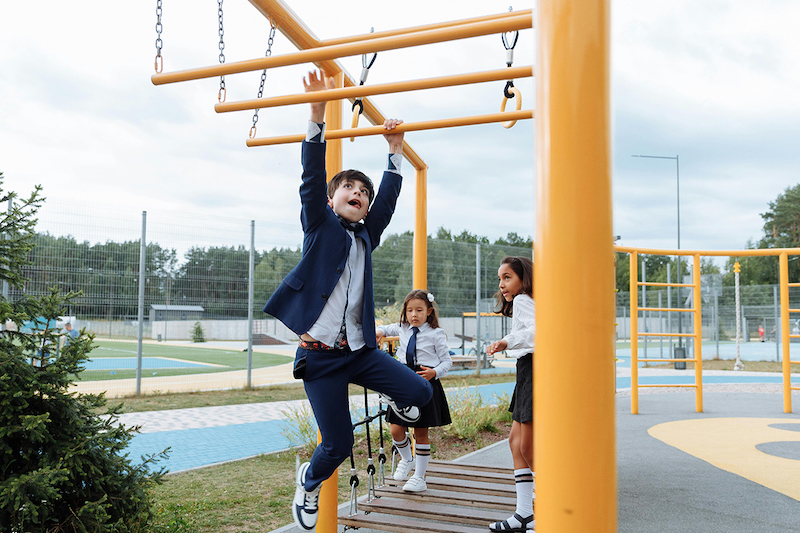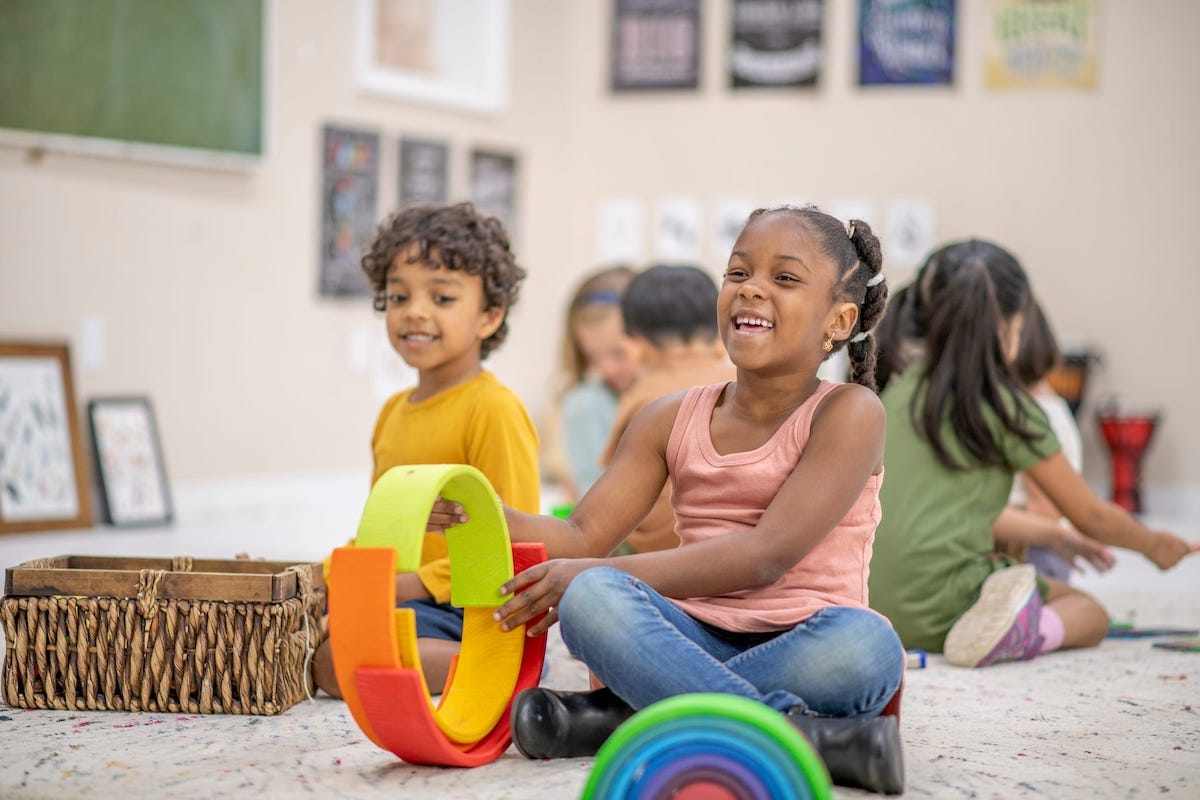I know that there are some studies saying that recess “can” improve cognitive function, attention, and academic performance, but I’m interested in this in more depth. How much recess and at what ages? What amount of recess is too little? How much data is there in favor of 30 minutes or more of recess for young kids?
My 6-year-old gets only 15 minutes of recess a day, which concerns me. I’d like to show up to a board meeting and request more recess time for the kids, and I want to back it up with data. What can you tell me?
–Alison in NJ
Let’s arm you with some data! There is some research on recess. This meta-analysis, which you could bring with you, includes nine studies on the impacts of recess on academic outcomes, health, and socioemotional development. Generally, these studies find positive correlations between recess and at least some of these measures. I will be honest: the evidence is not overwhelming, especially on cognitive outcomes. Recess does seem to have some positive effects, and no negative ones, but they are not enormous.

A lot of the research is using data from a nationally representative sample called the ECLS. In some of this work, researchers find that recess in the range of 15 to 30 minutes per day starts to show positive effects. I suspect this is where the 15 minutes your child gets is coming from. This research does not say that 15 minutes is optimal, just that it’s at that point when they start to see positive effects.
Much of this research is difficult to interpret because of concerns about correlation versus causation. Schools with recess tend to be different than those without. And we do not have randomized trials of recess.
One study I like very much, which comes closer to showing something causal, tested children on various metrics before and after recess. It found that kids had more sustained attention after recess than before.
The bottom line here is that while the evidence we do have points to the benefits of recess, we do not fully have what you are looking for. And it is almost certainly the case that it depends what the recess substitutes for. It may be that the best you can do is advocate for experimentation, from which you all could learn (and so could the rest of us!).




















Log in
Alison: check out the book “Free to Learn” by Peter Gray. You will find plenty of data in there. (Also, Free Range Kids.)